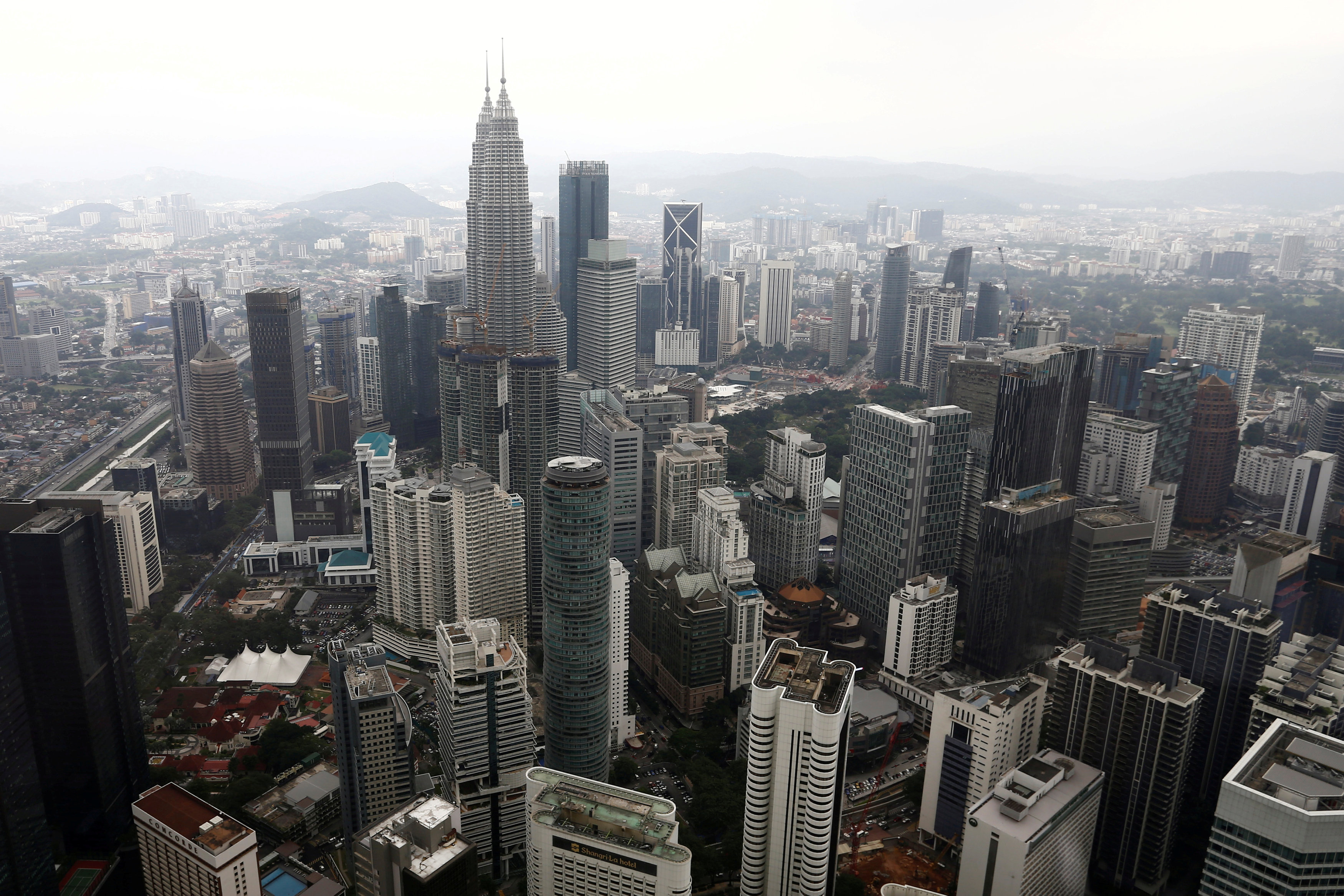KUALA LUMPUR, Nov 27 ― Malaysia has made real progress towards enhancing the civil liberties of its people ever since Pakatan Harapan won GE14, an independent study has shown.
The report, titled “People Power Under Attack 2018” by the Civicus Monitor identified Malaysia as a “bright spot” among countries within the Asia and Pacific region.
While the report states that civic freedoms in countries in the region remain “dismal”, it singles out Malaysia as an example where civic space and progress is being achieved in improvements of rights.
“While violations dominate, the Civicus Monitor has documented many instances where civic space is opening up and progress is being achieved in improving respect for fundamental freedoms.
“A bright spot in our research on the region is Malaysia, where the change of government in May 2018 has resulted in some progressive steps towards enhancing civic freedoms,” said Civicus Civic Space Research Officer Josef Benedict in a statement accompanying the report.
The report noted that scores of activists and government critics previously facing prosecution over their views or for taking part in peaceful rallies have either been acquitted or have had their charges dropped.
In its report, Malaysia was singled out as a bright spot along with Ecuador and Ethiopia, after political changes have led to an improving environment for civic activism.
“The May 2018 elections in Malaysia saw a new ruling coalition come into power after 61 years of rule by the former ruling party, bringing with them commitments to democratic and civic space reforms.
“The government has also promised to ratify international human rights treaties, including the International Covenant on Civil and Political Rights, and repeal or revise an array of restrictive laws used by the previous regime to silence dissent.
“The authorities have also made commitments to undertake media reforms and enhance press freedom. In September 2018, the Prime Minister announced the establishment of the Independent Police Complaints and Misconduct Commission, a police oversight body, to handle cases of police misconduct in the context of civic space violations,” said the report.
However, the government recently decided not to ratify the ICERD, making it one of 14 countries in the world yet to do so.
The same report states that out of the 23 countries in the Asia region, four countries are rated “closed”, six “repressed” and ten “obstructed.”
Over twenty organisations have collaborated on the Civicus Monitor, and it has published more than 1,400 civic space updates in the last two years, data which is analysed in the report.
Civic space in 196 countries is categorised as either “closed”, “repressed”, “obstructed”, “narrowed” or “open”, based on a methodology which combines several sources of data on the freedoms of association, peaceful assembly and expression.
In Asia, civic space in South Korea and Japan is rated as “narrowed”, while Taiwan is the only country that is rated “open”. In the Pacific, seven countries rated “open” and two rated as “narrowed”. However, Papua New Guinea (PNG) and Nauru are being downgraded to join Fiji in the “obstructed” category.
“The state of civic freedoms in the Asia and Pacific region remains dismal. A staggering 94 per cent of people in the Asia Pacific region live in countries with closed, repressed or obstructed civic space,” said Benedict.
He also said that research showed that censorship is the most common civic space violation in the Asia Pacific region, occurring in at least 20 countries.
Censorship in China has increased, with the government selectively blocking critical outlets and social media sites while North Korea continues to have some of the tightest censorship controls in the world.
In Pakistan, the military escalated its censorship of the media ahead of the July 2018 elections while in Cambodia, Prime Minister Hun Sen shut down dozens of news outlets in 2018 and ordered the blocking of websites.
Other tactics being used by governments ― from Pakistan to Fiji ― to control the public narrative include taking news channels off the air, intercepting the circulation of newspapers, blocking websites or intimidating and prosecuting journalists,” said Benedict.



















